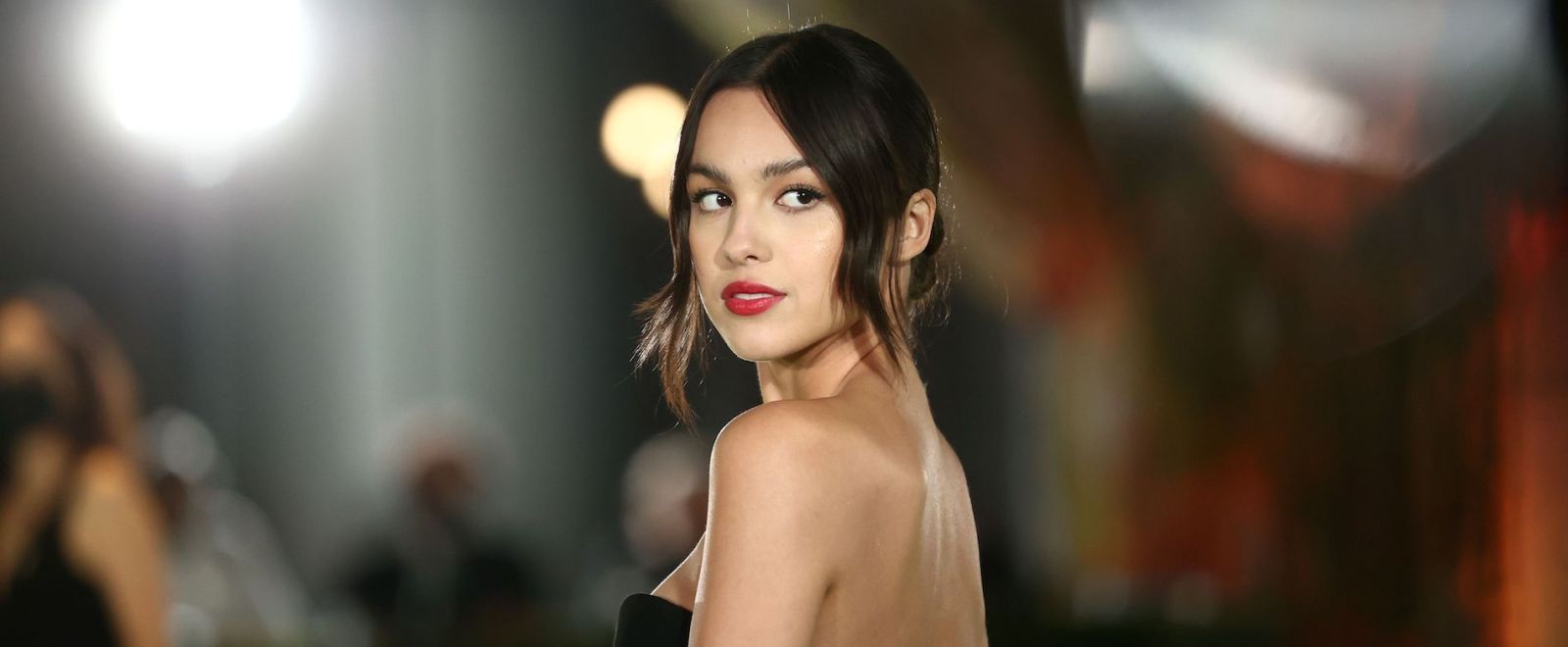Rolling Stone is in the midst of its “Musicians On Musicians” series, where they pair two artists for a conversation with each other. They ran one with Madonna and Maluma yesterday, and today, it’s Olivia Rodrigo and Alanis Morissette’s turn.
In the piece, Rodrigo notes that both she and Morissette both started their creative careers as child actors before asking, “Do you think that acting helped you be more in touch with your emotions in songwriting? In a certain way, that’s how I felt with it.” Morissette then turned the question back on Rodrigo, who said, “I think it helped me be able to tap into certain emotions like that. I remember actually going to my first acting lesson when I was 11 years old and crying in this scene and feeling this sense of catharsis and being like, ‘Oh, this is like therapy.’ I think that translates into music as well. I wrote a couple songs on my record literally crying at my piano.”
Rodrigo went on to speak about how she thought that her unconventional childhood would make it harder for her songs to be relatable to the average person:
“I think heartbreak is so universal — the feeling that lots of humans feel the most deeply. I’ve never felt as deep a sadness as I did when I was truly, truly heartbroken and devastated. Putting ‘Drivers License’ out was such a unique experience because I’ve lived this sort of weird life. I grew up on set and didn’t go to school like everyone else did. I was like, ‘Are my songs going to be relatable?’
And when I put out ‘Drivers License,’ about this really hard time in my life, I watched it just affect so many people, regardless of sexual orientation or gender or age. There would be 40-year-old guys that would come up to me and be like, ‘Wow, that really struck me.’ Even if they weren’t going through a situation like that, they were like, ‘Oh, it takes me right back to when I was in high school and I went through my first heartbreak.’ That was so magical for me, to not only see how universal that feeling was, but also how magical music can be and it can take you back to a specific point in time. You can hear everything and taste everything and smell everything, and that’s so unique to music.”
Check out the full interview here.







